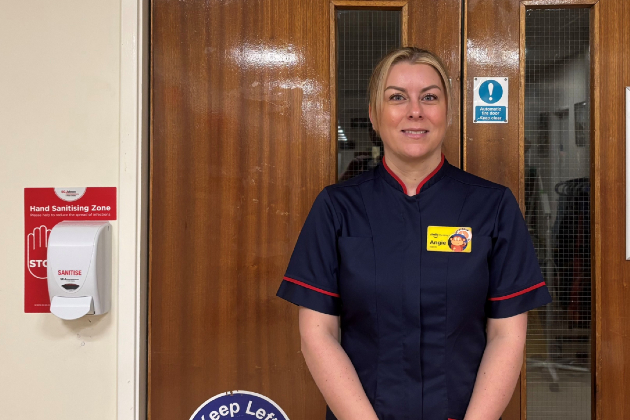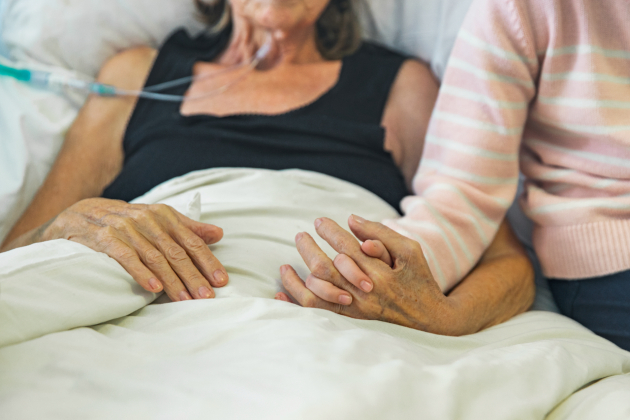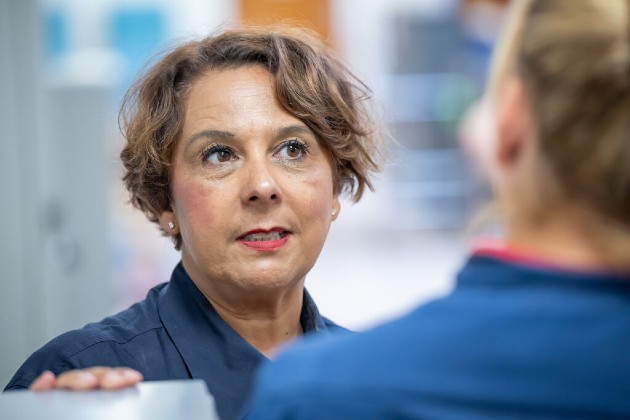I don’t imagine it will ever get easier to see a child you’re caring for pass away, but the first one will probably be the hardest.
I had never really experienced a death in my personal or professional life until my fourth night shift on a paediatric medical ward. I was told it was rare to see a death on a medical ward as children usually go to a paediatric intensive care unit (PICU) or high dependency unit (HDU). And that it was especially rare as a nursing student.
There are many different ways to cope with death. Here are five things I learned and that I think are important to do as part of the grieving process.
1. Debrief and talk to your mentor
Your mentor and other members of the multi-disciplinary team can provide you with in-depth information about what happened and why things were done. With this being my first patient death, I didn’t realise the bodily changes that would occur or the documentation that needed to be done. It's important to talk through this with your mentor as it can provide reassurance and a form of comfort.
2.You will learn many things
I learned how to talk to a family about possibly the hardest thing in their life, that silence is OK at times, that it’s OK to leave the family alone for a while to grieve for their loss, and that it’s OK to cry yourself. At first, I found the silence awkward, like I was useless in the situation, but it's important to know this gives the family the chance to talk when they feel comfortable. Do a reflection on this experience as not only will it help you realise what you learned, it also helps to acknowledge what you are feeling.
3.Taking some time for yourself is important
I tried my hardest not to cry in front of the family as I was supposed to be the one comforting them, not them comforting me. I took this experience home with me and cried on my journey back from the hospital. I felt guilty for being upset. It's normal to feel emotional about the death of your patient and it is OK to, but don’t let it affect the care you provide to other patients. Taking five minutes to comprehend what’s happened and come to terms with things will help – trust me.
4. Remember you made a difference to that child’s and family’s life
The death I experienced was not a sudden death and it was peaceful and calm, however, unfortunately this may not always be the case. The emotions you feel as a student will often be overwhelming but remember the family are feeling much more. They will always remember what you said during this time. It reassures me that the child’s family were immensely grateful for the care myself and the staff provided, and I will never forget this.
5.Talk to someone at university
If you feel as though you need to talk to someone else, do talk to your personal tutor at university or other academic. I have found that death isn’t really covered much in our learning, and it can be hard to come to terms with. However, universities can provide support to you and offer help in these circumstances. It is so much better to talk about things than to bottle it up inside.
Expressing emotions
Amanda Cheesley, RCN Professional Lead for End of Life Care, says:
“Learning how to talk about death and dying with an individual patient and those that are important to them is really important for every nurse. Allowing people to express their emotions and recognising them is equally important. Being a member of an RCN forum can help provide expertise and support.”
Join an RCN forum
The RCN offers a free confidential counselling service for members. Call 0345 772 6100 to enquire about an appointment.








